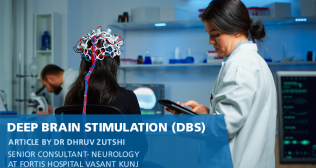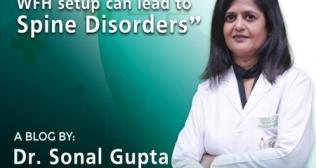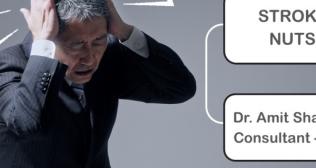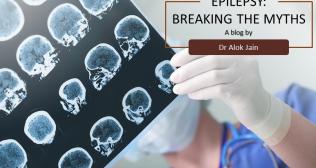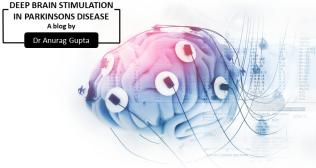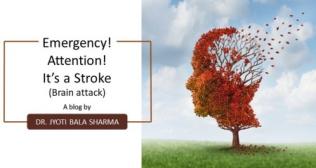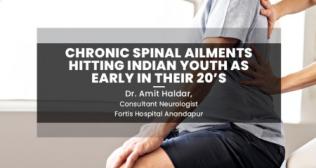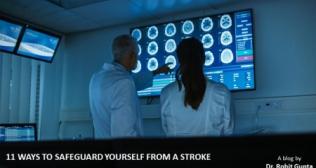Stroke: Myths And Facts
Stroke: Myths And Facts Aug 28, 2019
There are various scientifically proven facts, which people are completely unaware of and hence rely on myths and hearsay. Lets have a quick look at the myths and the facts about strokes:-
MYTH: Only elderly are prone to strokes, younger peoples are not likely to develop strokes.
FACT: There is no evidence to support the fact that young people cannot develop stroke or it is an elderly specific disease. There are various risk factors for stroke, including modifiabe and non-modifiable charcteristics. These risk factors include
diabetes, hypertensiion, Family history, fluctuating lipid profiles, smoking etc. The before-mentioned risk factors are more concerning risk factors and are usually ignored by the young people.
MYTH: Stroke symptoms can not be identified.
FACT: In medical terminology there is a term called “ F.A.S.T.” – which means Face; Arm; Speech; Time. These are used to suspect early symptoms of stroke. Early symptoms might include facial droop,weakness in the arm or leg and slurred speech. These are the most concerning symptoms that need immediate care, if prevelant.
MYTH: Stroke and seizures are same
FACT: Seizures and strokes are two different states of neurological disorders.
Stroke is the condition which happpens due to lack of blood supply in the brain or bleeding in the brain whereas seizure can be due to physical or behavioural change or due to abnormal and excessive electrical discharges in the brain.
Seizures can also happen as the consequence of stroke.
MYTH: Strokes can be healed by intake of Aspirin.
FACT: Intake of Aspirin should be avoided without the consent of doctor as it may lead to even more disastrous condition, in case the stroke is due to bleeding in the brain.
In case of
haemorrhagic stroke, use of any medication without the consent of doctor should be avoided.
MYTH: Strokes can not be treated anyhow.
FACT: Ischemic stroke (stroke due reduced blood supply to the brain due to clot) is the most common type of stroke. Acute ischemic stroke can be treated by giving thrombolytic agents which breaks the clot; however the benefit of this therapy is time dependent. If the person reaches hospital after 4.5 hours of the onset of the symptoms, the benefits are not usually seen. Time is the essence in stroke management.
In conclusion on this sesion related to beliefs and reality, we the team at Fortis Hospital hopes that the discussion will help you out to take decisions which are in best interest of your health.









